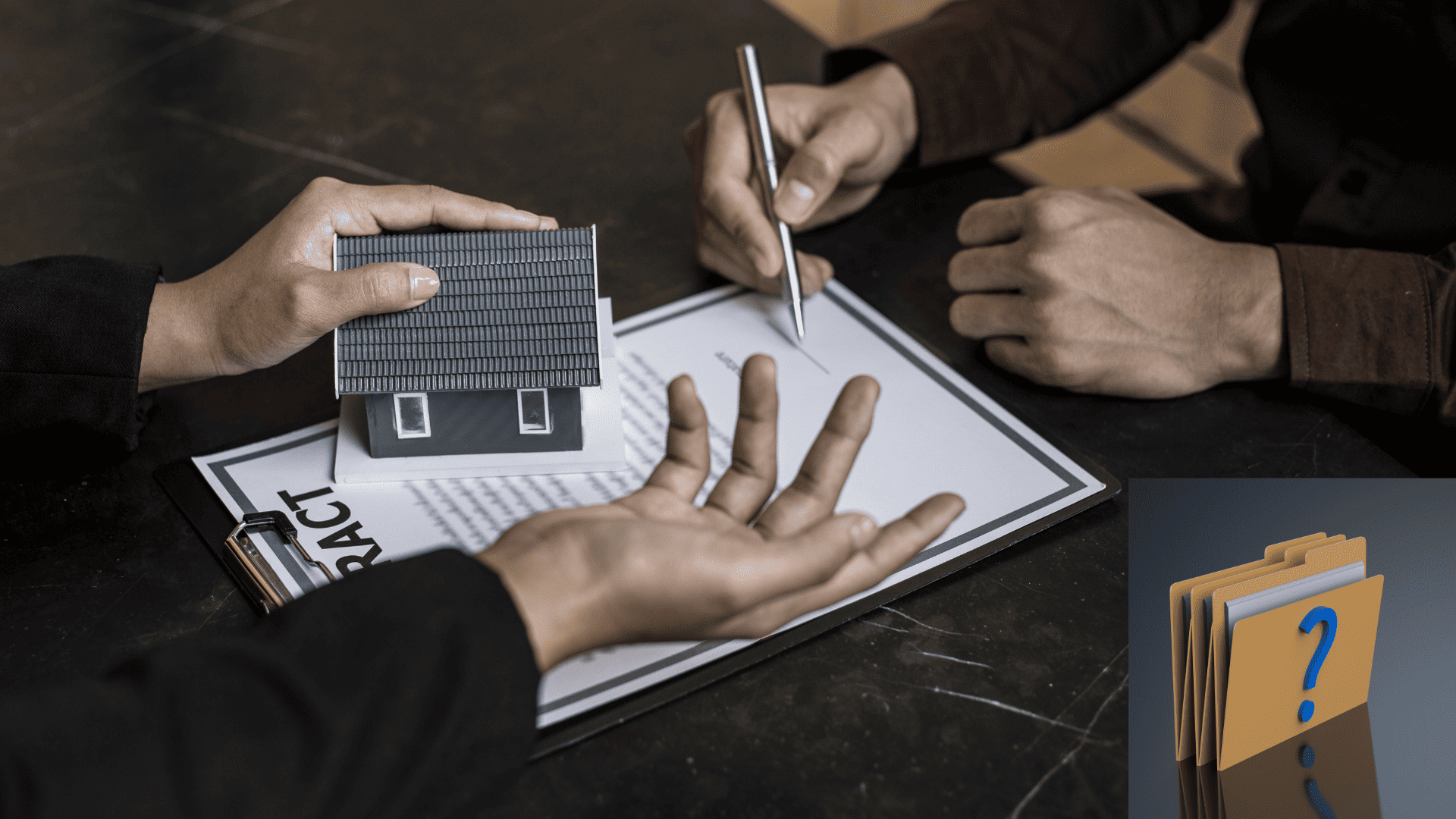Is a Handwritten Will Valid in Hawaii? By Michael D. Rudy, Esq.
Unwitnessed, handwritten wills or Holographic Wills, as the law more particularly describes them, can be perfectly valid and enforceable in Hawaii if certain drafting conditions are met.
As this article discusses more particularly below, Hawaii is among just five other states that has a specific law that provides for very permissive criteria allowing a probate judge to accept wills that may not otherwise conform to the strict standards of a properly witnessed and attested to will.
The Hawaii Revised Statutes (“HRS” or the “Statute”) § 560:2-502(b) and (c) states a Holographic Will:
(a) is valid as a holographic will, whether or not witnessed, if the signature and material portions of the document are in the testator's handwriting.
(c) Intent that the document constitute the testator's will can be established by extrinsic evidence, including, for holographic wills, portions of the document that are not in the testator's handwriting.
It is interesting to note that since the outbreak of Covid in Hawaii in March 2020, this Firm has litigated more Holographic Will cases than it has in its 30 prior years of existence! This development is unsurprising since for several years, adults, particularly the elderly, were advised not to leave their homes. Additionally, statistics of thousands of Americans dying every day were an effective reminder for people to put their estate plans in order. Since not leaving the house precluded visits to attorneys’ offices, many people decided to handwrite their wills. Moreover, more lawyers than ever were working remotely, and the idea of gathering the testator, his or her attorney and two witnesses could not be easily accomplished. This sudden frequency of Holographic Wills appearing in probate courts this year may be attributed to individuals’ prior difficulty in obtaining an estate planner during Covid.
1 While the validity of such wills varies by state, some states do recognize these types of wills. States that recognize holographic wills include Alaska, Arizona, Arka nsas, California, Colorado, Hawaii, Idaho, Kentucky, Maine, Michigan, Mississippi, Montana, Nebraska, Nevada, New Jersey, North Carolina, North Dakota, Oklahoma, Pennsylvania, South Dakota, Tennessee, Texas, Utah, Virginia, West Virginia, and Wyoming.
The very permissive jurisdictions which recognize holographic wills written in the aforementioned states are also legally recognized by Connecticut, Hawaii, South Carolina, Washington, and Wisconsin.
Even before the paucity of in-office lawyers during 2020 and 2023 owing to Covid, it was challenging to serve many senior citizens located in nursing homes or otherwise isolated. It can be difficult to gather witnesses, paralegals and even visiting attorneys to prepare even a simple Will.
Consequently, many elderly individuals were forced to use "do it yourself" handwritten wills. The Probate Court was then left to interpret the Testator’s acts regarding the issues of enforceability, intentions, and documents.
The discovery by a third party of a Holographic Will after the death of a decedent can result in a legal quagmire over its authenticity, Testator intent and the interpretation of the handwritten instrument. The Personal Representatives of Decedents who have been alone or estranged from their families, can find themselves in possession of a Holographic Will and may expect disputes over the document from relatives, caregivers, and even relative strangers. Therefore, a careful and well-planned case must be mounted. It is up to the attorney, working with clients, to uncover evidence that will allow the denominated Person Representative to prevail.
As set forth above, Hawaii law provides that handwritten wills that are not witnessed can still be valid and offered for probate if the signature and material portions of the will are in the testator's handwriting. The requirement of authenticity is typically proven by someone who is familiar with the maker's handwriting. Alternatively, the handwriting may be identified by a handwriting expert using near contemporaneous samples of the maker's handwriting as contained in letters, checks, other written documents, or instruments in the maker’s own writing and performing a signature comparison of same
Typically, in a Holographic Will dispute, the main point of contention is whether the document contains evidence of the Testator’s requisite testamentary intent to make the will. The question before the court is whether the material portions of the will contain sufficient language expressing the intent of the maker of the will and that the instrument is sufficient evidence of the Testator’s irrevocable intention to leave or dispose of the property according to the Holographic Will found at the maker's death.
Courts and judges across the country that admit Holographic Wills interpreting Hawaii's expansive law on the subject have universally held that there need not be any formal legal language to establish testamentary intent. Phrases like "should anything happen to me” or when I leave" constitute the required demonstration of testamentary intent. Even words or phrases in a document describing the instrument as someone's last will and testament can be enough to satisfy testamentary intent.
However, vague references to making a will in the future such as "I intend to change my will and leave my property to X" have been held insufficient as well as merely making a promise to make a will at a later date. Alternatively, the phrase "I want you to have it all" is considered a valid will with requisite testamentary intent when signed.
The interesting and developing part of the law with respect to handwritten wills is whether the will even has to be signed or dated at all. In 1996, Hawaii joined just five other states -- Connecticut, Hawaii, South Carolina, Washington, and Wisconsin -- in the United States along with the countries of Australia, Israel, and Canada in enacting Hawaii's version of the “Harmless Error Rule” regarding wills that is now codified in HRS §560:2-503. The Statute states:
Although a document or writing added upon a document was not executed in compliance with section 560:2-502, 2 the document or writing is treated as if it had been executed in compliance with that section if the proponent of the document or writing establishes by clear and convincing evidence that the decedent intended the document or writing to constitute:
(1) The decedent's will. . .
This section of the Statute addresses writings that were intended as wills but are deficient in some manner. The Harmless Error Rule states that if it is proven by clear and convincing evidence that the writing was intended to be a will, that will may still be admitted to probate ,notwithstanding the fact that the writing does not comply with the requirements of HRS §560-502(a) 3 which states the normal requirements for regular witnessed wills.
Frequently experts are used to verify handwriting. However, Hawaii’s adoption of the “Harmless Error Rule, grants the probate court discretion to validate a noncompliant document if the Court finds by clear and convincing evidence that the decedent intended the handwritten will to be a legally effective will.” 4 The Harmless Error Rule raises the question as to whether or not the Holographic Will requirements i.e., the necessity of a handwriting of the maker containing all the material portions of the Will which is also signed by him now absolutely required.
Proving an otherwise invalid will for lack of signature by clear and convincing evidence maybe accomplished by the introduction of extrinsic evidence 5 that is evidence surrounding the circumstances of the making of the handwritten but unsigned will.
At least one case which was decided in New Jersey, a state that also has Hawaii’s Harmless Error Rule, 6 decided that a handwritten will under the right circumstances need not be signed. 7 The Ehrlich court held that the maker, who was an estate and trust attorney, who failed to properly sign his own will before his death, still had a perfectly valid Holographic Will that could be offered for probate and be completely valid and enforceable. The Court held that because there was clear and convincing evidence of his intentions outside the provisions of the will itself, it was valid. An actual written signature was not required.
4 Mark Glover, Incremental Change in Wills Adjudication, 49 Fla. St. U.L. Rev. 883, 885 (2022
5 “Extrinsic evidence means evidence “adduced by means other than cross-examination.” ( Black's Law Dictionary [11th ed 2019], extrinsic evidence.)
6 Hawaii, Michigan, Montana, New Jersey, South Dakota, Utah, California, Colorado, Ohio, Virginia, Oregon, and Minnesota.
6 In Re Estate of Ehrlich, 47 A. 3d 12 (N.J. Super. Ct. App. Div. 2012), Certif. denied, 59 A. 3d 602 (N.J. 2013), appeal dismissed, 64 A. 3d 556 (N.J. 2013).
MacDonald Rudy Blog











